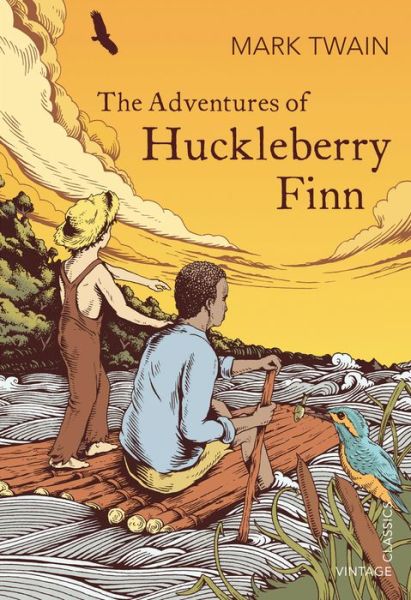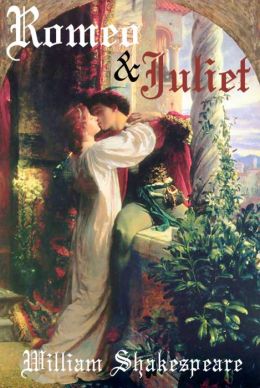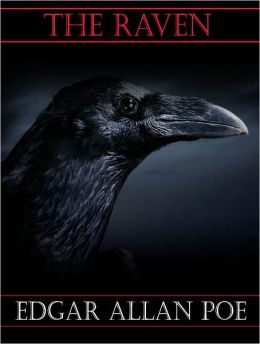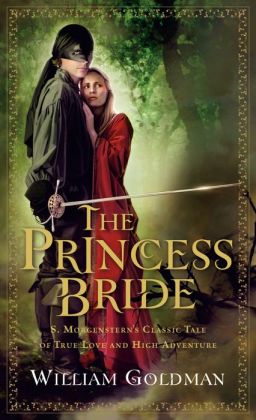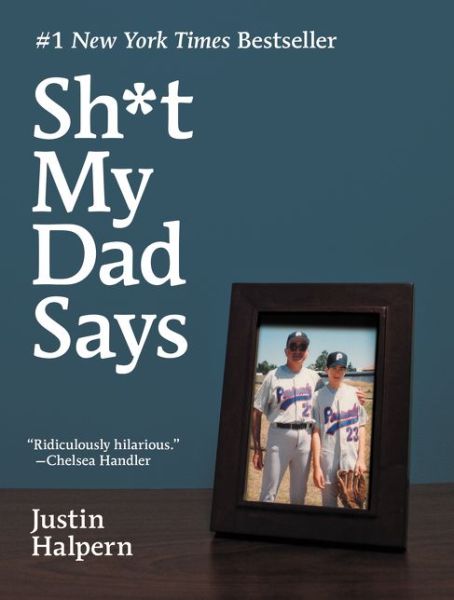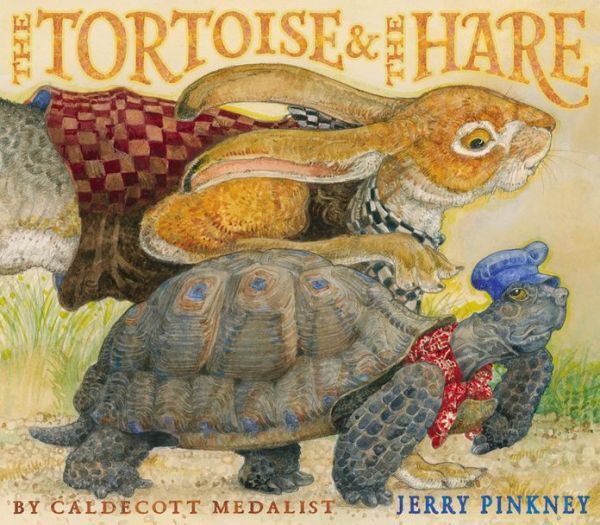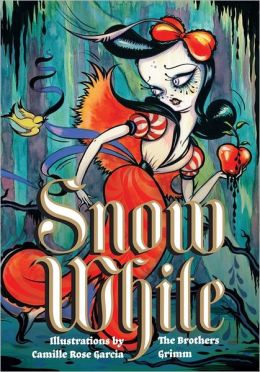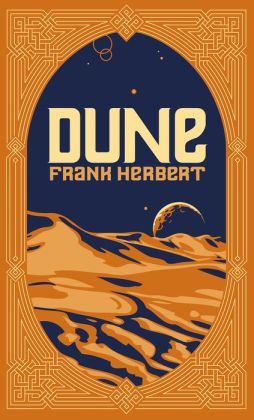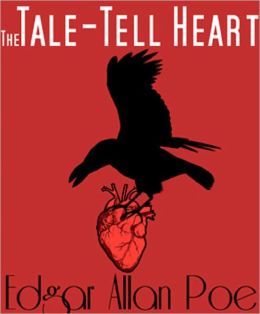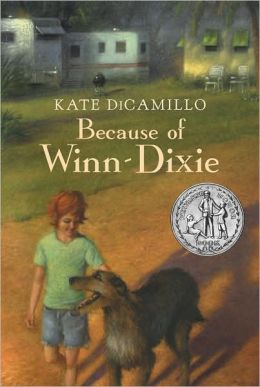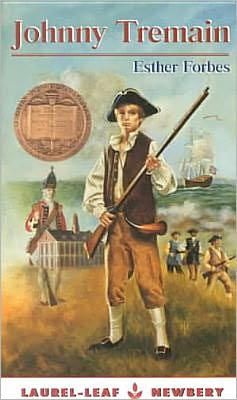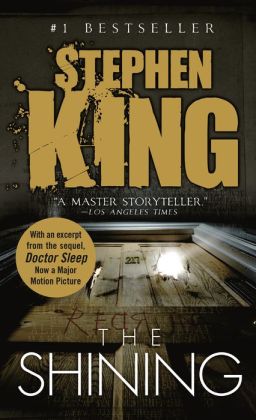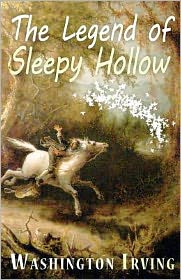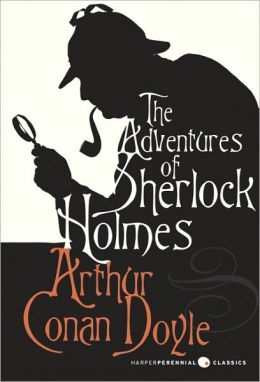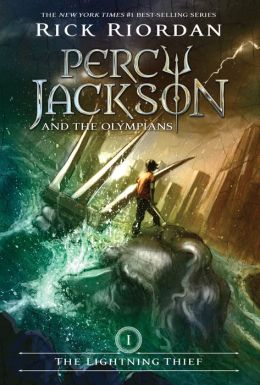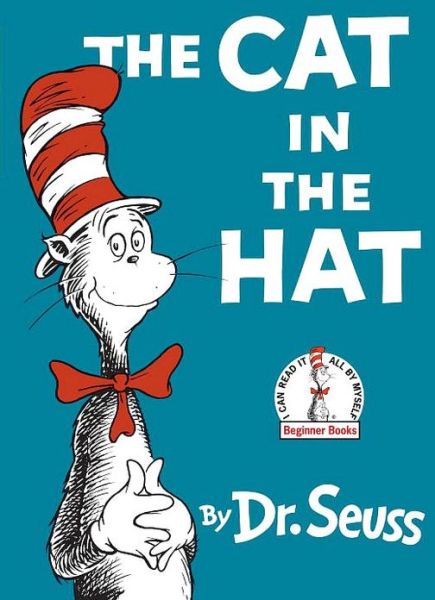 |
| Image courtesy of Grant Cochrane FreeDigitalPhotos.net |
Category: Writing
A little over a year ago, I wrote a blog called Write What You Know, exploring the meaning behind the sage advice that many writers are given. Delving a bit deeper into the topic, I’ve been thinking about just how this can be accomplished.
Great writing contains the perfect mix of truth and creativity. This mix can be different for each writer and it is up to us to find the mix that works best. I have said many times in the past that most of my writing is based in reality but there are always creative elements mixed in. For other writers, their writing may be based on creativity with elements of reality mixed in, but there is always a mix of the two, even when it may not be evident to the reader.
While working on my new short story compilation, a lot of the work is based on truths in my life or the lives of those around me. Many things have been changed, left out, embellished or just plain made up. Anyone who knows me well enough will be able to see some of the similarities between the stories and my life. But even the people that know me best would not be able to tell without a shadow of a doubt, exactly what is true and what I created for the story.
After sharing one of my earliest short stories with a friend, his response was, “Wow, that’s pretty personal, don’t you think?” He was right of course, there was a lot in there that was highly personal to me, but that is what made the story work. My pain and confusion was easily felt by the reader because it was something that I understood whole-heartedly and could convey to the reader quite clearly.
While, at times, I quite literally write what I know (variations of experiences that I have had in my life), I get to change the experiences to suit my needs. Have you ever had an argument with someone and later thought of things that you wished you had said? Why not include that argument in your work and change it so that the argument goes the way you wish it had?
Now that you get the picture of how writing based in reality is infused with creative elements, you might be asking how creative works are infused with reality. Sci-fi and fantasy stories are perfect examples. Think about Star Wars. The places, people and in some cases, even the languages were completely invented leaving little doubt that the events in the story never took place in the real world. So where is the reality in this, you might be asking. It is infused in the emotion of the characters and even how they interact with one another.
When creating a completely fictional scenario, an author can make it real by having the characters react and behave the same way the author or someone they know would behave in a similar situation. Emotions are the realest, truest experience that can be the difference between a reader connecting to a character and being indifferent towards them.
What mix of reality and creativity works for you?
 |
| Image courtesy of two bee FreeDigitalPhotos.net |
Other than my love of supernatural stories, I’ve also always had a proclivity towards epic fantasy adventures (think The Princess Bride and Legend). I always wished that I had the type of imagination it takes to create such an adventure, but my stories were always grounded in reality. The idea of creating nonexistent cities and creatures was a foreign concept to me; anything I couldn’t fact check and verify was beyond my comprehension.
Recently, I was watching The Three Musketeers and I was visually intrigued; the costumes alone were worth the watch. The movie got me to thinking, I can’t recall ever seeing or reading an epic fantasy story where a female was anything more than the love interest of the hero or the double crossing vixen that tries to take him down. In an age where women are proving on a daily basis that they can do anything a man can do, why aren’t there more female leads in fantasy stories. And just like that, words started forming in my mind, my hands began to type and a story slowly started to fill my screen. For the first time ever, I was truly writing by the seat of my pants. My main character was named in the first few sentences, a minor character introduced in the beginning of the second paragraph and a city was erected just a few paragraphs later.
I haven’t fully worked out the story or even truly met my characters yet, but I’m excited by the prospect of creating something that I used to think was beyond my capabilities. Equally exciting, is the prospect of offering my daughter and other young women a heroine they can call their own. Why can’t a princess slay a dragon or rescue her prince from peril? Why must the damsel always be the one in distress?
With NaNoWriMo just around the corner, this would be the perfect time to flesh out an outline, or at the very least, the character sketches so that I know who I am writing about and what they wish to accomplish. Unfortunately, with the way my schedule is at work recently, I had no intention of joining NaNo this year. If I get enough background work done to feel like I can make some real progress on this story during NaNo, then I might have to change my mind and join after all. Oh what a grand adventure that will be.
Yes, that’s right, this week’s blog is named after a Journey song. It was inspired by an article I read offering writing advice from Ira Glass.
In the Writer’s Circle article, the author advises that, “As writers, we set the bar high. It may seem that our best writing is always just out of reach. We’re debilitated by writer’s block, plagued by self-doubt, crushed by criticism from others. There’s a lot standing in the way between the story sketch in our heads and the polished, final draft we know we’ve got inside us. Yet we push onward.”
Mr. Glass reassures that this happens to all writers. The difference between good writing and great writing? Perseverance and “persistence”. If writing is truly your passion and you can’t imagine what your life would be like if you couldn’t write, then despite whatever roadblocks hinder you, don’t give up.
Like with anything else, practice makes perfect. You can’t expect to be born a “great” writer or to become one overnight. The more you write, the better your writing will become. I know from experience, that sometimes an idea will sound brilliant in your head, but as soon as it is written out, it fails to read brilliantly. If this happens enough times, it can be discouraging, causing you to question whether or not you possess the talent needed.
Do you think your favorite authors woke up one morning and thought, “I’m going to write a book today” and did so in one go on their first try? Writing a novel is a long and painstaking process. It takes drafts and edits and rewrites before it is even fit for sharing, let alone publishing. And once it has been shared with another person (family, friend, editor, etc…), it is inevitable that they will point out mistakes that you failed to see. This doesn’t mean that you are a failure. It simply means that you are human.
As the article points out, “That feeling of inadequacy that gnaws at you after completing a first draft– it’s normal. It’s part of your growth process as a writer, and it proves you have something Glass likes to call ‘taste.’ In other words, you have high standards for the work you produce, and you’re unwilling to settle for less. Hold onto that feeling, and let it drive you to create more.”
As we continue to learn and grow in the craft, we continue to strive to be better, to do better than before. It is this drive that bridges the gap between good and great. With persistence and perseverance, you will not only be able to build that bridge, but to cross it as well. So, despite the nagging self doubt, the cringing inner editor or whatever else makes you want to throw in the towel, don’t stop believing that you have what it takes to create that polished novel you have been dreaming of.
Oh no! How did this happen? It seems another Wednesday has crept up on me and I was caught unprepared. I had a topic in mind for this week’s blog, but things have been so incredibly insane that I didn’t get a chance to put any real thought behind it and get it written. So instead, I will share with you another poem that I wrote about a month and a half ago. This poem epitomizes my “adventures in novelizing”.
 |
| Image courtesy of digital art FreeDigitalPhotos.net |
The Craft
 |
| Image courtesy of dan FreeDigitalPhotos.net |
After working on my vampire series for a little more than three years now, I am still only about 60% done with the first book in the series. The story is done, but it still needs a good amount of editing before it is anywhere near ready for publishing. The second book is only half written and I have about a quarter of the third book written. But after all this time, I’m starting to feel like I might have missed the window of opportunity where this series was relevant.
With the frenzy generated by the Twilight saga now over, are readers over the latest
 |
| Image courtesy of M – Pics FreeDigitalPhotos.net |
vampire fad? The thing with fads, you need to catch the wave at just the right time or you’re sunk. Did I miss my wave? Or is it possible that if I work hard to get these books written, edited and published, that I will be just in time to hop on at the start of the next wave? Or even be the catalyst that creates the next wave? Which wouldn’t necessarily be a bad thing, because I don’t want my series being viewed through the Twilight microscope.
I also have to consider the fact that this is not a classic series. It is not something that will stand the test of time. So when the time comes that I am ready to finally publish, I have to make sure that references to technology are up to date so that it doesn’t feel old when it is hot off the press. I need to make sure that the story is still relevant.
Then there is my other series. A coming of age series that compares growing up with one of nature’s transformation processes; think along the lines of the ugly ducky becomes
 |
| Image courtesy of Adam Hickmott FreeDigitalPhotos.net |
swan, only I’m not writing about a “swan”. The idea for this was conceived long before the vampire series but for some reason I had difficulty getting started. This series is much more classic, focusing more on experiences and feelings that readers of any generation should be able to relate to in some form or fashion. A month or two ago, ideas for the series were beginning to become something of a whisper in the wind. Now, they are practically screaming at me, thundering in my head so loud that I can’t ignore them. Whether I like it or not, my focus has now shifted to this series.
I’m following the advice I have heard time and again and just getting the writing done, whatever it may be. Instead of fighting to stay focused on the vampire series, I am doing the work for which inspiration has struck. So many times, we look to our muses for inspiration, so how can I ignore it when it comes just because it wasn’t quite the inspiration I was looking for?
My fear with all of this jumping around is that I will never complete a project. How many novels will I start but never finish? How many will I write that are left unpublished due to lack of editing and polishing?
 |
| Image courtesy of supakitmod / FreeDigitalPhotos.net |
Sometimes I sit down to write and the words just come pouring out of me. Other times, try as I might, I just can’t seem to get the words to come together. So what changes from one session to the next?
A few days ago, I read some notes that I had written for one of the series that I am working on and I got my answer. When I write based on pure emotion, that is when I do some of my best work, when the words flow so effortlessly. Is it technically perfect? No. There is always editing work to be done and punctuation and I have a bit of a love hate relationship. But the content has more depth, allowing the reader to get lost in that emotion.
Those times when I find it difficult to write are usually when I need to build a bridge connecting one swell of emotion with another. The transitional passages are my weakness. The origin and the destination are both great, but the journey between the two leaves something to be desired. The entire time I’m writing, my subconscious is asking “Are we there yet?” and the writing becomes robotic and lifeless.
I think this is why I have been writing so much poetry lately. Poetry, or at least my poetry, is all about emotion. It is about laying my soul bare on the page for all to see.
What is the driving force behind your writing? What fuels you to write with abandon?
 |
| Image courtesy of dream designs FreeDigitalPhotos.net |
You know that feeling you get after a good run, where you struggle to catch your breath? How about when something scares you so much you feel like your heart is going to beat right out of your chest? Changes in breathing pattern or heart rate are great ways to convey what your character is experiencing without spelling it out in detail for the reader. The trouble with vampires, they don’t breath or have a heartbeat.
I’ve written before about “writing what you know“. What I know, is that feeling when you see someone special and it makes your heart flutter. What I know, is how a kiss or a touch can take your breath away. What I know, is what it feels like to be so angry you need to take deep, calming breaths to slow down your pounding heart. When I’m writing, my first instinct is to make my character sigh, gasp, bestill her beating heart, but then I remember, she’s a 200 year old vampire. Everything I know is completely irrelevant to her. But does that mean I should scrap everything I’ve worked on so far and stick to writing what I know? Absolutely not! After all, what is fiction, if not the imaginings of an author and our imaginations can take us to places we have never been before.
 |
| Image courtesy of samuiblue FreeDigitalPhotos.net |
Anytime I run into this issue, which is quite often, I need to delve deeper into my memory. I need to remember beyond the shortness of breath or the increase in heart rate that are so dominant. I need to think back to the other queues my body offered when I was angry, excited, in love, etc… Among these queues are the butterflies in my stomach, the stiffening of my muscles, the flushing of my cheeks. But wait, flushed cheeks are caused by a blood rush and again, not relevant to vampires. So deeper still, I must dive.
My hope, is that in doing this exercise, I will find a way to connect with my readers on an even deeper level. It forces me to go beyond the quick and easy. I find myself analyzing real life situations as they are happening or directly after so that I can remember every nuance and incorporate it into my writing. It’s forcing me to remember feelings that I haven’t felt in a while and reminding me that, unlike my main character, I am actually alive.
 |
| Image courtesy of Keerati FreeDigitalPhotos.net |
A few months ago, I started to notice that I was becoming numb. I don’t mean physically numb, but rather, emotionally. Although mentally and intellectually, I knew I should be feeling certain things, those feelings just weren’t present. I felt disconnected instead, like someone had flipped my emotion switch to the off position. It wasn’t the first time this had happened, but I was usually in a bad place when it happened in the past.
I’ve made quite a few changes in my life over the last three years and it has not always been easy, but the struggle has been well worth it. After several setbacks in my journey through life, I’ve finally gotten myself back on track and have made great strides, especially in the last year. So I should be happy; things are looking up now. While I am not unhappy, I am not happy either; I’m simply, unfulfilled. Why? Because I am an impatient person and I focus more on the target that has yet to be reached, rather than the progress that has been made towards reaching that target. Where most people are encouraged when their dreams begin to take focus over the horizon, just beyond their reach, I become disheartened because I can’t reach out and grab them.
Knowing this about myself, I have been striving to learn to be more patient, to appreciate the journey that will eventually get me to my destination, to stop and smell the roses once in a while. I’ve always tried to focus on the positive in any situation, but impatience superseded positivity every time. I think it is this constant struggle that finally “broke” me and left me in an emotional limbo, unable to feel anything at all.
With this numbness, came the inability to write. I wanted to write more than anything, but I would just sit there, staring at the words on my screen, unable to connect with them. Looking for a trigger, I tried everything I could think of to evoke some emotion. I watched movies and listened to music, but nothing seemed to help.
 |
| Image courtesy of digital art FreeDigitalPhotos.net |
And then something happened. I’m not quite sure what the catalyst was, but I felt something, other than numbness. It was like a dam bursting. Everything that had been bottled up for months, now flowing so freely and fiercely, that it couldn’t be ignored; my emotions so open and raw, changing so fast, I felt like I might be bipolar.
In the midst of all this renewed emotion, I came across someone, that for some inexplicable reason, arouses within me a feeling of inspiration. I don’t know this person personally, although, I see them from time to time. It’s an odd feeling, having a complete stranger be your muse. On the one hand, you want to get to know them, but on the other, fear of breaking the spell makes you keep your distance. After this brief encounter, I walked away feeling the urge to write. I didn’t have any idea what I would write, I just had the feeling that I needed to get back to work.
 |
| Image courtesy of Feelart FreeDigitalPhotos.net |
The next day, I woke up and even though my immediate reaction was to close my eyes and go back to sleep, I had too many ideas running through my head. Grabbing my idea book, I started jotting them down. The next thing I knew, an hour had passed and I’d written several pages. Am I writing steadily again? Not quite, but the fact that I am writing at all is a good feeling. So to whatever brought down the dam blocking my emotions and to my living, breathing muse, thank you for making me feel again.
 |
| Image courtesy of Taliesin morguefile |
I’ve been doing this writing thing just long enough to notice that any time I encounter another writer for the first time, aside from the usual bio info exchanged, the most common question is, “What genre do you write?” After a few of these exchanges, I quickly realized that I didn’t know the different genres as well as I thought I did. Genresofliterature.com offers a nice concise list and brief definition of the different genres currently defined*.
Nonfiction Genres
Nonfiction
Factual writing. Writings that convey factual information and are not primarily works of the creative imagination.
Example: History of The American Economy (textbook)
Narrative Nonfiction
Also referred to as creative nonfiction, literary journalism and fact based story telling, adapting some of the features of fiction (creating a narrative persona, setting scenes, presenting interesting characters, creating the look and feel of a setting, telling a story) to the purposes of journalism.
Example: Prince Harry Ending US Visit With Conn Polo Match (news article)
Essays
Short nonfiction prose piece; an short analytic, descriptive or interpretive piece of literary or journalistic prose dealing with a specific topic, especially from a personal and unsystematic viewpoint.
Example: Boyhood Dream Came True A Czech Taxidermists Success Story (Photo Essay)
Biography
An account of somebody’s life written or produced by another person
Example: Audrey In Rome (Audrey Hepburn’s life story as told by Lucca Dotti, Ludovica Damiani and Sciascia Gambaccini)
Autobiography
An account of somebody’s life written by that person
Example: My Beloved World (Sonia Sotomayor’s life story as told by Sonia Sotomayor)
Speech
The ability to speak. The act of communicating by speaking
Example: The Gettysburg Address
Fiction Genres
Fiction
Literary works of imagination. Novels and stories that describe imaginary people and events.
Example: Adventures of Huckleberry Finn
Drama
A serious play written for performance on stage, television or radio.
Example: Romeo and Juliet
Poetry
Literary works written in verse, in particular, verse writing in high quality, great beauty, emotional sincerity or intensity or profound insight.
Example: The Raven
Fantasy
The creative power of the imagination. Commonly uses magic and other supernatural phenomena as a primary plot element, theme or setting.
Example: The Princess Bride
Humor
Writings and other material designed to make people laugh. The quality or content of something that elicits amusement or laughter.
Example: Sh*t My Dad Says
Fable
A short story with a moral, especially one in which the characters are animals. A story about supernatural, mythological or legendary characters or events.
Example: The Tortoise and the Hare
Fairy Tales
A story for children about fairies or other imaginary beings and events, often containing a moral message.
Example: Snow White
Science Fiction
Fiction based on futuristic science. Fiction based on science, usually set in the future, that deals with imaginary scientific and technological developments and contact with other worlds.
Example: Dune
Short Story
A work of prose fiction that is shorter than a novel.
Example: The Tell-Tale Heart
Realistic Fiction
Resembling or simulating real life. Interested in, concerned with or based on what is real or practical.
Example: Because of Winn-Dixie
Folklore
Traditional stores and explanations passed down in a community or country.
Example: Paul Bunyan
Historical Fiction
Narratives that take place in the past and are characterized chiefly by an imaginative reconstruction of historical events and personages.
Example: Johnny Tremain
Horror
Something that causes a very strong feeling of fear shock or disgust.
Example: The Shining
Tall Tale
An exaggerated, unreliable story.
Example: Pecos Bill
Legend
A story that has been passed down for generations, especially one that is presented as history but is unlikely to be true.
Example: The Legend of Sleepy Hollow
Mystery
An event or situation that is difficult to fully understand or explain. Typically a detective or crime novel.
Example: The Adventures of Sherlock Holmes
Mythology
A group of myths belonging to a particular people or culture that tell about their ancestors, heroes, gods and other supernatural beings and history.
Example: The Lightning Thief
Fiction in Verse
Full length novels with plot, subplots, themes, with major and minor characters. The narrative is usually presented in blank verse (unrhymed poetry)
Example: The Cat in the Hat
The list provided by genresofliterature.com is only the tip of the iceberg. Within each of the genres listed above, are several subgenres that define a work of literature at a more granular level. It is also possible for a single piece to fall into multiple categories.
Do you have a favorite genre to write? How about a favorite genre for reading? Are they the same?
*Unless otherwise specified by a link, all definitions obtained from Bing Dictionary

